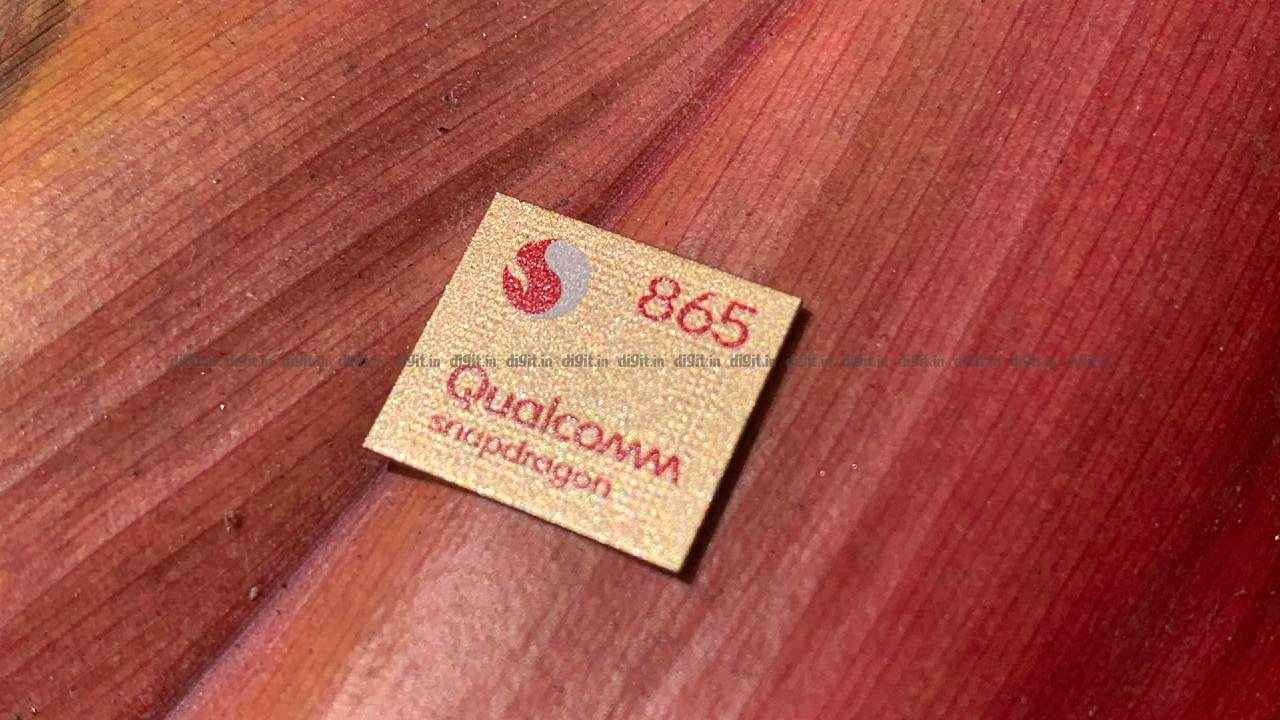Qualcomm weighs in on the MediaTek benchmark cheating controversy
MediaTek was involved in a benchmark cheating controversy last week, where it was alleged that MediaTek was using a hidden 'sports mode' to boost benchmark scores.
MediaTek soon replied justifying the practice as something its rivals also indulge in.
Now Qualcomm weighs in on the controversy.

MediaTek was mired in a benchmark cheating controversy last week after AnandTech did an expose revealing MediaTek’s practices of unethically whitelisting benchmark apps to eke out higher scores using a so-called ‘Sports Mode’ hidden deep inside the firmware code.
 Survey
SurveyThe Taiwan-based chip designer was quick to retort with its own side of the story wherein it justified the practice by claiming it’s not alone in doing so. According to MediaTek, it’s key rivals regularly indulge in such practices as well and it’s a common industry practice. The key competitor the company was most likely referring to is the only other big chipset maker for Android smartphones — Qualcomm.
Now, Qualcomm has issued a statement to Digit.in categorically denying using whitelisting techniques to improve benchmark performance. Here’s what Qualcomm said —
Qualcomm’s statement on MediaTek’s insinuation of benchmark cheating as a industry practice
“Whitelisting refers to the technique of using the app name to determine whether to put the device into performance enhancement mode. The action of whitelisting a benchmark app is generally considered by the industry as cheating since it defeats the purpose of a benchmark, which is to reflect user experience for day to day use. Qualcomm does not whitelist," a Qualcomm spokesperson told Digit.in.
The statement is in contradiction to MediaTek’s justification that its key rivals also whitelist benchmark apps to boost performance scores. However, Qualcomm’s statement does fall in line with the results of our testing. MediaTek’s answer, interestingly enough, does not.
Does Qualcomm whitelist benchmark apps?
In our follow-up story diving deep into the performance of the MediaTek Helio G90T on the Redmi Note 8 and the Qualcomm Snapdragon 720G of the Redmi Note 9 Pro, we observed that the MediaTek chipset is whitelisting the benchmark app without any intimation while the Snapdragon 720G whitelists games like PUBG Mobile, that too by notifying the user by activating a Game Mode. Therein lies the fundamental difference between the two approaches. Both try to portray the chipsets as fast and powerful, but MediaTek focuses on benchmark apps which are only used by a small subset of smartphone influencers like reviewers and product testers who rely on benchmark numbers to recommend devices or optimise apps. However, Qualcomm’s approach is more user-friendly. It leaves benchmarks alone to offer the rightful numbers, but boosts performance of popular apps and games which a lot of smartphone users enjoy.
So as a matter of fact, Qualcomm’s statement denying whitelisting benchmark apps stands true in our tests, while MediaTek’s insinuation that this is an industry practice doesn’t.